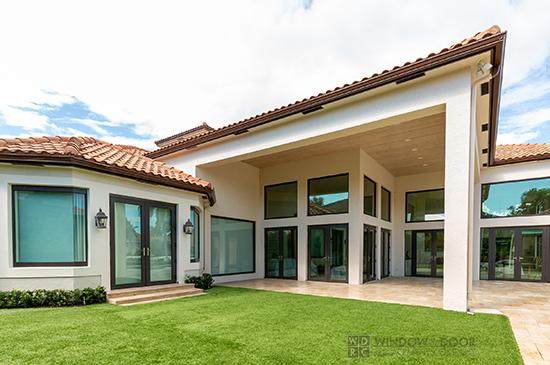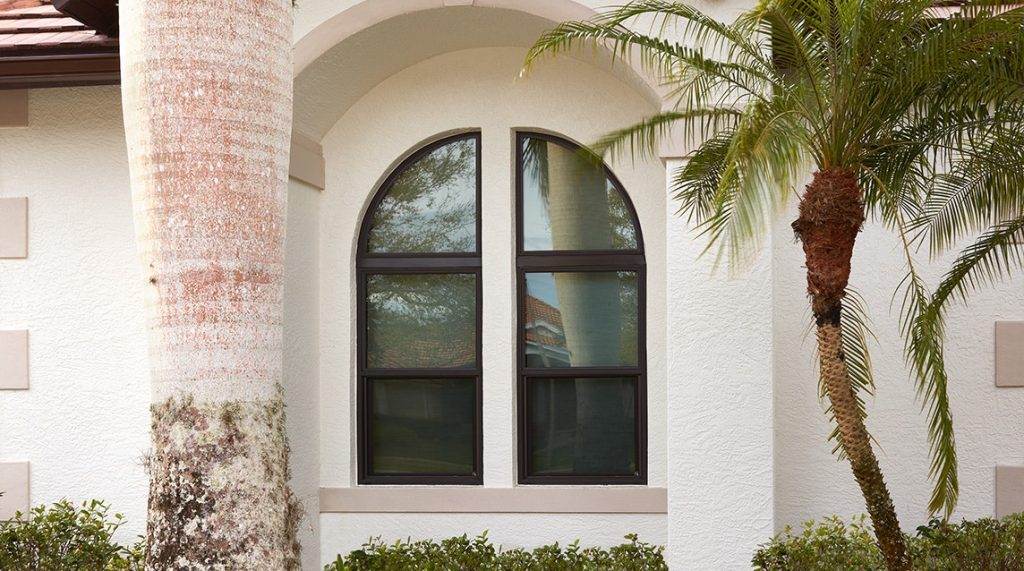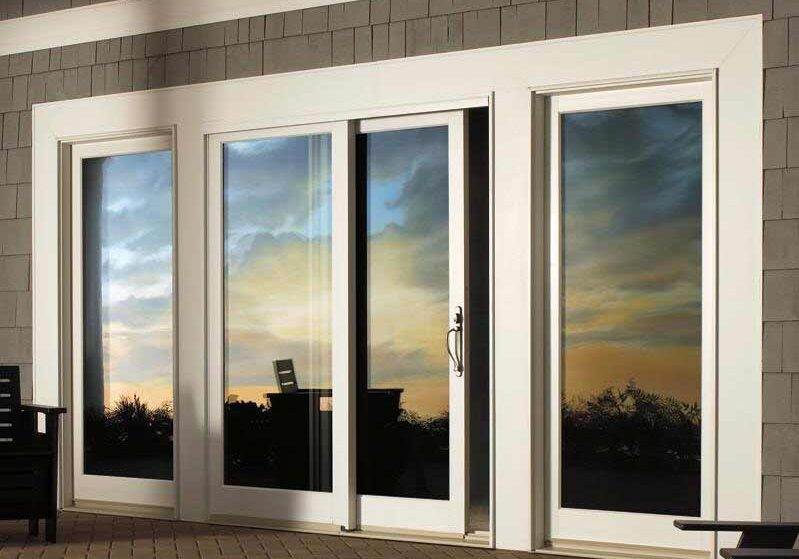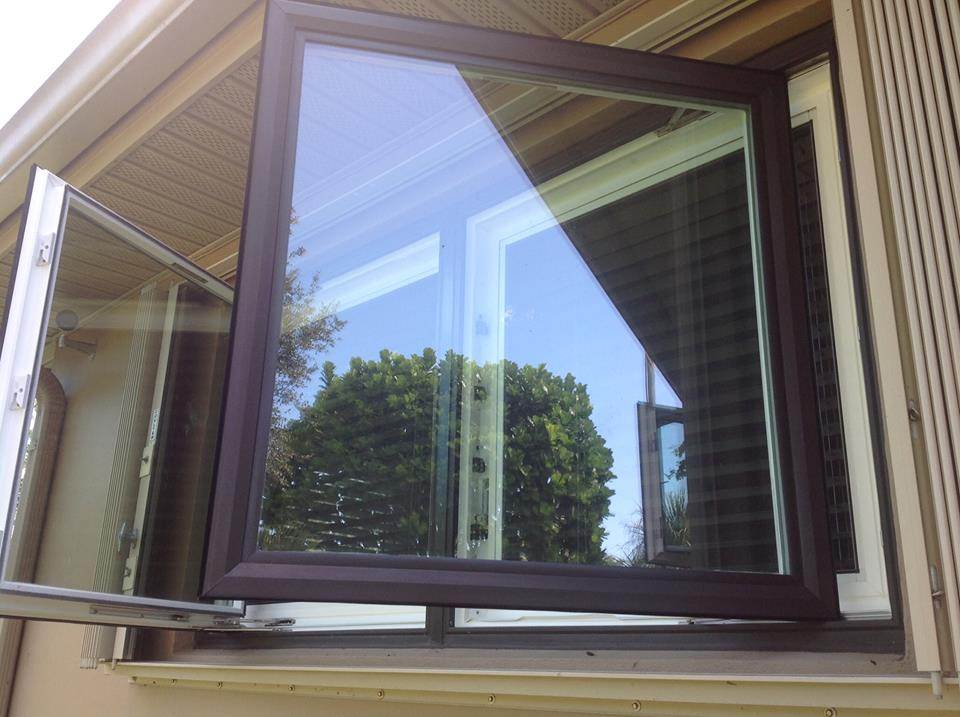Impact windows are specially designed to withstand the force of strong winds and protect your home from flying debris during hurricanes and storms. These windows are made using a combination of durable materials that work together to provide enhanced durability and safety. From the outermost layer of impact-resistant glass to the sturdy frames, these windows are carefully crafted using a variety of materials such as tempered glass, laminated glass, and reinforced frames. In this article, we will explore the different materials used in the construction of impact windows and how they contribute to the overall strength and security of your home.

This image is property of pixabay.com.
Glass
Impact windows are typically made with either laminated glass or tempered glass. Both types of glass are designed to be stronger and more durable than regular glass, providing added protection against impacts and other external forces.
Laminated Glass
Laminated glass is made by sandwiching a layer of polyvinyl butyral (PVB) or ethylene vinyl acetate (EVA) between two or more layers of glass. This creates a strong and resilient barrier that is able to absorb and disperse the energy from impacts. In the event that the glass does break, the interlayer helps to hold the broken pieces in place, reducing the risk of injury from flying shards.
Tempered Glass
Tempered glass, on the other hand, is made by heating regular glass to a high temperature and then rapidly cooling it. This process creates a glass that is stronger and more resistant to breakage compared to regular glass. If tempered glass does break, it shatters into small, granular pieces rather than sharp shards, further reducing the risk of injury.
Frame Materials
The frame of an impact window plays a crucial role in its overall strength and stability. There are several different materials commonly used for impact window frames, each with its own unique properties.
Aluminum
Aluminum frames are popular for impact windows due to their strength, durability, and resistance to corrosion. They are lightweight yet sturdy, making them a versatile choice for various window sizes and styles. Additionally, aluminum frames can be easily customized and come in a wide range of colors and finishes.
Vinyl
Vinyl frames are known for their excellent insulation properties, making them energy-efficient choices for impact windows. They are also highly resistant to rot, corrosion, and fading, making them low-maintenance options. Vinyl frames are available in different colors and finishes, allowing for customization to match any aesthetic.
Fiberglass
Fiberglass frames offer impressive strength and durability. They are highly resistant to warping, cracking, and shrinking, making them ideal for impact windows. Fiberglass frames are also excellent at insulating against heat and cold, helping to increase energy efficiency. Additionally, fiberglass frames can be painted or stained to complement any décor.
Wood
Wood frames provide a classic and elegant look to impact windows. They offer natural insulation properties and can be stained or painted in various colors to match different design preferences. However, wood frames require regular maintenance to prevent rot, insect infestations, and warping. They may not be as impact-resistant as other frame materials and are often combined with laminated or tempered glass for added strength.
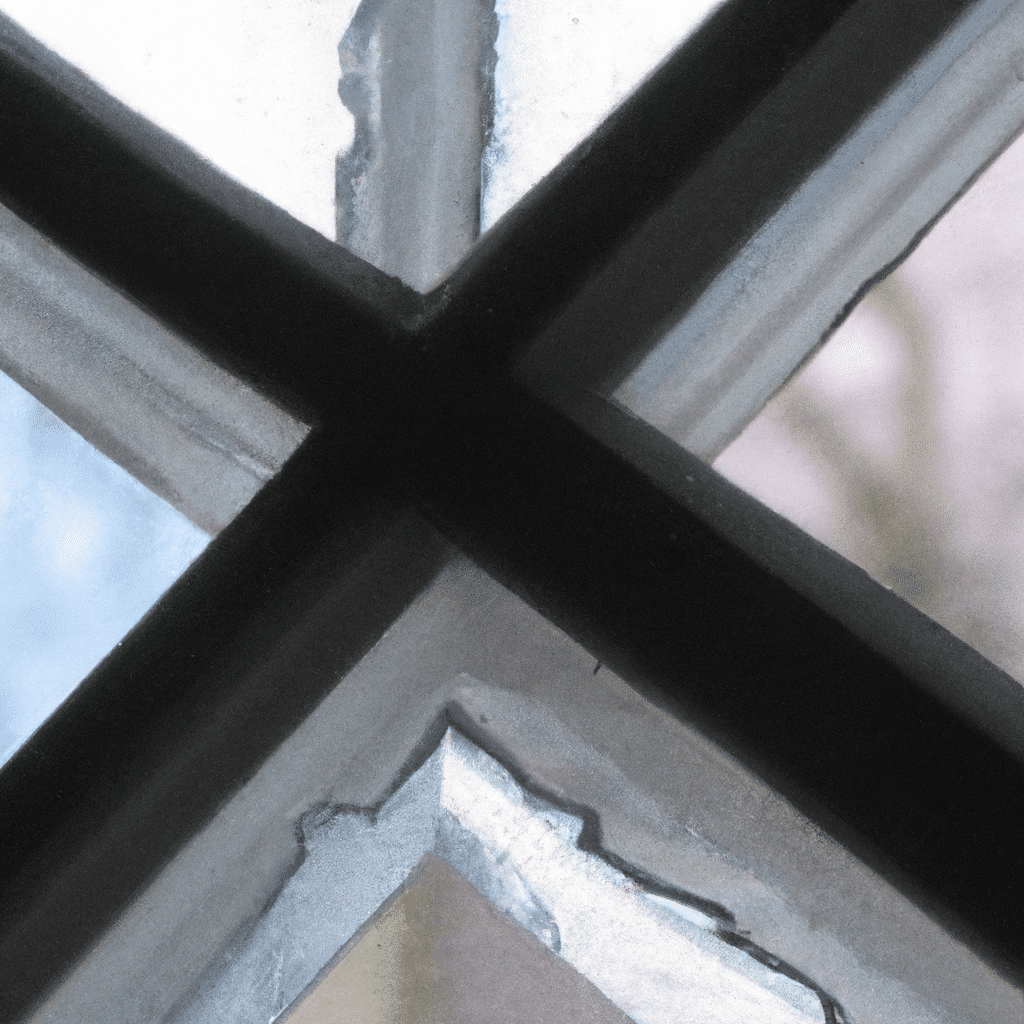
Spacer Materials
Spacer materials are used in impact windows to maintain the distance between the glass panes and to improve insulation. Common spacer materials include aluminum, steel, and silicone foam.
Aluminum
Aluminum spacers are often used in impact windows due to their durability and resistance to condensation. They are lightweight and provide excellent thermal properties, helping to prevent heat transfer and energy loss.
Steel
Steel spacers offer enhanced strength and stability. They are highly resistant to bending and warping, making them a reliable choice for impact windows. Steel spacers also provide good thermal performance, reducing heat transfer and improving energy efficiency.
Silicone Foam
Silicone foam spacers are known for their superior insulation properties. They have a high resistance to temperature variations, preventing condensation and heat transfer. Silicone foam spacers are also flexible and can accommodate the natural movement of glass without compromising the seal.
Sealants
Sealants are used to create a watertight and airtight seal between the window frame and the glass. The two most commonly used sealants for impact windows are polyurethane and silicone.
Polyurethane
Polyurethane sealants are known for their excellent adhesion and durability. They provide a strong bond between the glass and frame, ensuring a secure and long-lasting seal. Polyurethane sealants are also resistant to moisture and UV exposure, making them suitable for outdoor applications.
Silicone
Silicone sealants offer great flexibility and weather resistance. They can withstand extreme temperatures without cracking or deteriorating, making them ideal for impact windows. Silicone sealants also provide excellent adhesion and durability, ensuring a reliable seal over time.
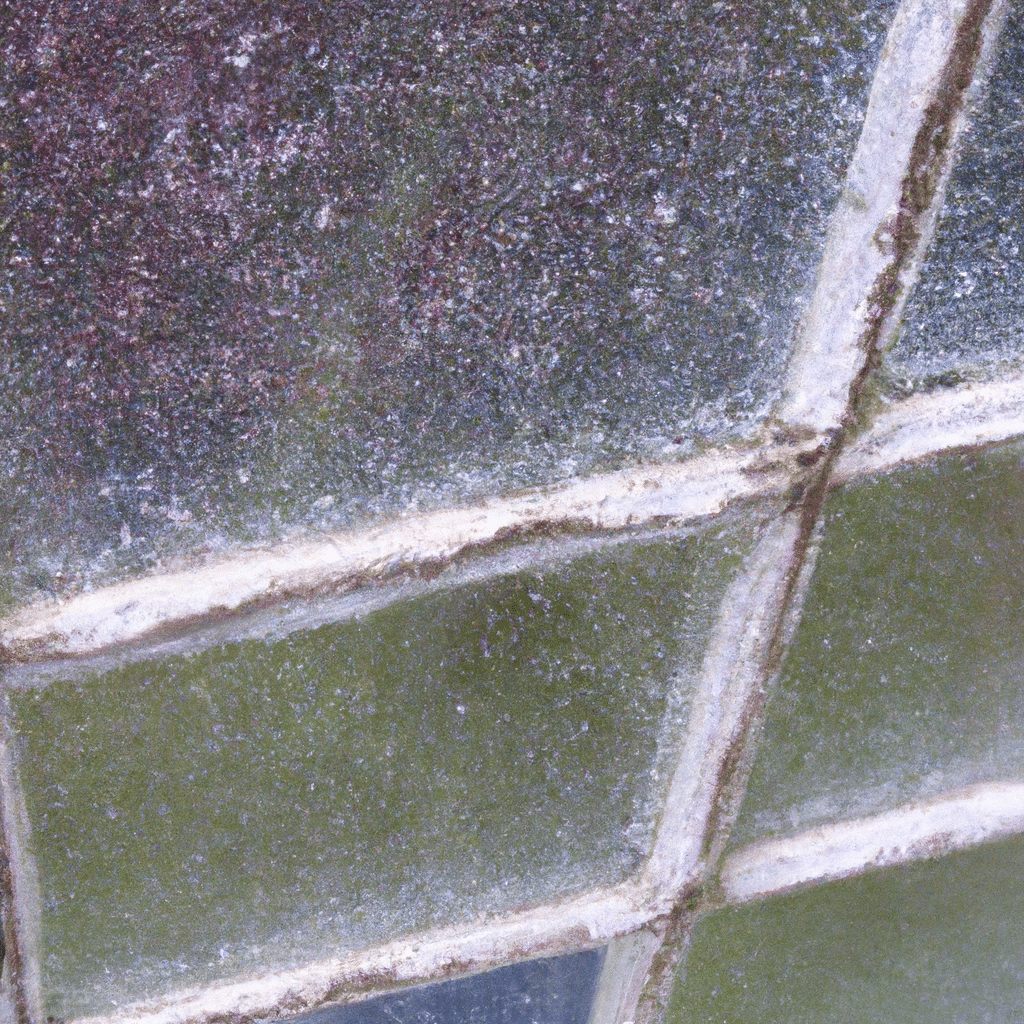
Reinforcement
Impact windows often include reinforcement materials to further enhance their structural integrity and resistance to impacts. Common reinforcement materials include steel, fiberglass, aluminum, titanium, and carbon fiber.
Steel
Steel reinforcement is known for its strength and rigidity. It provides added support to the window frame, making it more resistant to forces that could cause bending or twisting. Steel reinforcement is commonly used in combination with other materials to create highly durable and impact-resistant windows.
Fiberglass
Fiberglass reinforcement offers excellent resistance to corrosion and has a high strength-to-weight ratio. It helps improve the overall structural integrity of impact windows, making them more resistant to impacts and other external forces.
Aluminum
Aluminum reinforcement is lightweight yet strong, making it a popular choice for impact windows. It provides additional support and stability to the window frame, helping to improve its resistance to impacts and structural integrity.
Titanium
Titanium reinforcement is known for its exceptional strength and durability. It offers superior resistance to corrosion, making it an excellent choice for impact windows in coastal areas. Titanium reinforcement provides maximum structural integrity and impact resistance.
Carbon Fiber
Carbon fiber reinforcement is incredibly lightweight and has a high tensile strength. It is commonly used in high-performance applications where strength and durability are of utmost importance. Carbon fiber reinforcement provides exceptional impact resistance and structural support to impact windows.
Hardware
The hardware used in impact windows, such as screws, locks, and hinges, plays a crucial role in their functionality and security.
Screws
Impact windows typically use heavy-duty screws that are resistant to rust and corrosion. These screws are designed to securely attach the window frame to the wall or the window opening, ensuring a tight and secure installation.
Locks
Impact window locks are specifically designed to provide enhanced security and protection against forced entry. They are often made of durable materials such as stainless steel and feature advanced locking mechanisms for added peace of mind.
Hinges
Hinges are essential for the smooth operation of impact windows. They allow the window to open and close while maintaining stability and structural integrity. Hinges used in impact windows are designed to withstand the additional weight and forces associated with impact-resistant glass.
Interlayer Materials
Interlayer materials are used in laminated glass to provide additional strength and safety. Common interlayer materials include butyl, PVB (polyvinyl butyral), EVA (ethylene vinyl acetate), and SGP (SentryGlas Plus).
Butyl
Butyl is a synthetic rubber that is commonly used as an adhesive in laminated glass. It provides excellent bonding properties and has good resistance to moisture, UV exposure, and temperature fluctuations. Butyl enhances the structural integrity of laminated glass, making it more resistant to impacts and breakage.
PVB (Polyvinyl Butyral)
PVB is one of the most commonly used interlayer materials in laminated glass. It is a transparent, flexible plastic that provides outstanding adhesion and impact resistance. In the event of glass breakage, PVB helps hold the broken pieces together, reducing the risk of injury from flying shards.
EVA (Ethylene Vinyl Acetate)
EVA is another popular choice for interlayer materials in laminated glass. It is a clear, thermoplastic material that offers excellent transparency, adhesion, and impact resistance. EVA interlayers provide added strength and safety to laminated glass.
SGP (SentryGlas Plus)
SGP is a highly durable interlayer material used in laminated glass. It offers exceptional strength, stiffness, and clarity, making it suitable for demanding applications. SGP interlayers enhance the impact resistance and overall performance of laminated glass.
Coatings
Coatings are applied to impact windows to enhance their performance, appearance, and energy efficiency. Three common types of coatings used in impact windows are low-emissivity (low-E) coatings, tinted coatings, and reflective coatings.
Low-emissivity (Low-E) Coatings
Low-E coatings are thin, transparent layers that are applied to the glass to reduce heat transfer and improve energy efficiency. They reflect heat back into the room during cold months and reflect solar radiation away during hot months, helping to maintain a comfortable indoor temperature.
Tinted Coatings
Tinted coatings are designed to reduce the amount of visible light and heat transmitted through the glass. They help to minimize glare, block harmful UV rays, and provide added privacy. Tinted coatings come in various shades and colors to suit different preferences and needs.
Reflective Coatings
Reflective coatings, also known as mirror coatings, are applied to the glass to create a reflective surface on the exterior. They offer increased privacy by reducing the visibility from outside while still allowing clear visibility from inside. Reflective coatings also help to block solar heat, reducing the need for excessive air conditioning.
Muntin Bars
Muntin bars, also known as grilles or grids, are decorative elements that divide the glass into smaller panes. They can be made from various materials, including aluminum and wood. Muntin bars add visual interest to impact windows and complement different architectural styles.
Aluminum
Aluminum muntin bars are lightweight, durable, and resistant to corrosion. They offer a sleek and modern look, enhancing the overall aesthetic of impact windows.
Wood
Wooden muntin bars provide a traditional and timeless appearance to impact windows. They can be customized with different profiles and finishes to match specific design preferences.
Additional Features
Apart from the main components, impact windows can also include additional features that further enhance their functionality and performance.
Soundproofing Materials
Soundproofing materials can be added to impact windows to reduce noise transmission from outside. These materials help create a quieter and more peaceful indoor environment, particularly in areas with high levels of noise pollution.
UV Protection Films
UV protection films are applied to the glass to block harmful ultraviolet (UV) rays. They help protect furniture, flooring, and artwork from fading and deterioration caused by prolonged exposure to the sun.
Insect Screens
Insect screens are mesh-like covers that are installed on the exterior of impact windows. They serve as a barrier against insects while allowing fresh air to flow into the room. Insect screens can be easily removed for cleaning or maintenance purposes.
In conclusion, impact windows are made of various materials that work together to enhance their strength, durability, and functionality. From laminated or tempered glass to different frame, spacer, sealant, reinforcement, hardware, interlayer, coating, muntin bar, and additional feature materials, each component plays a crucial role in creating impact windows that provide superior protection against impacts, while also offering energy efficiency, security, and aesthetic appeal to your home.

